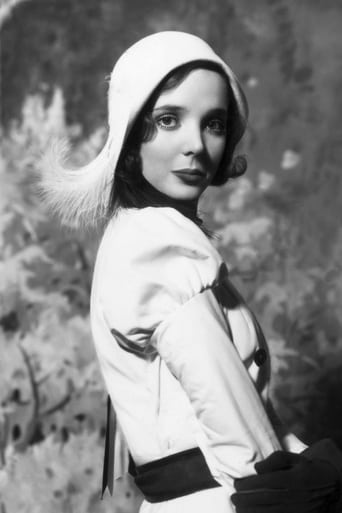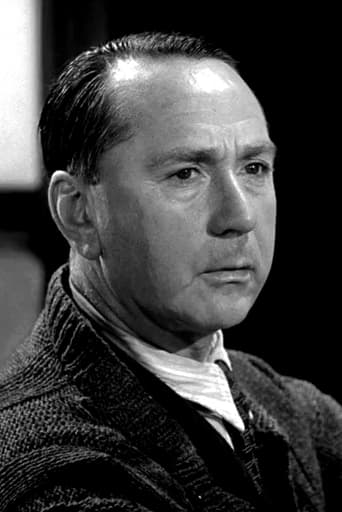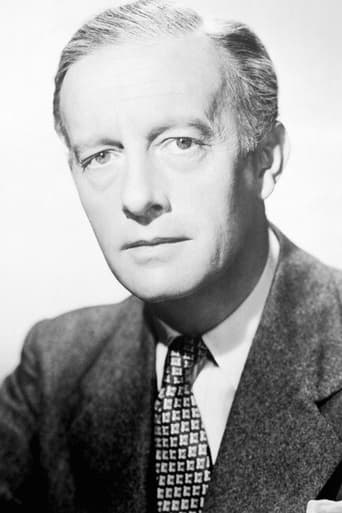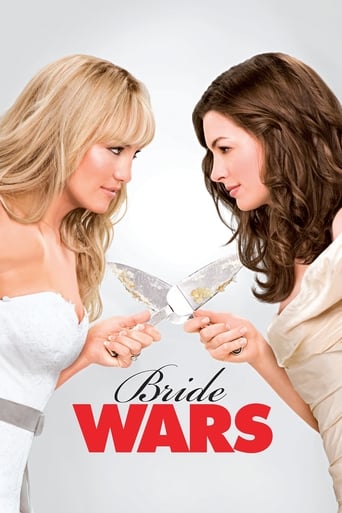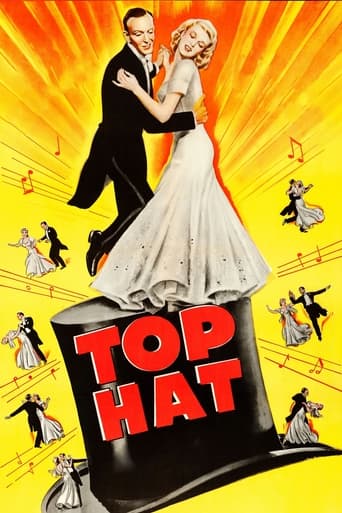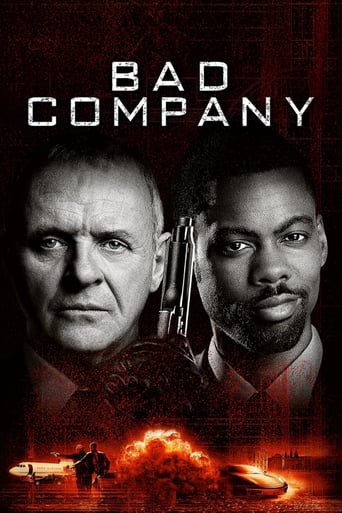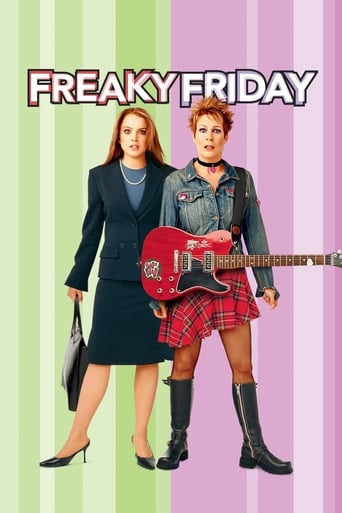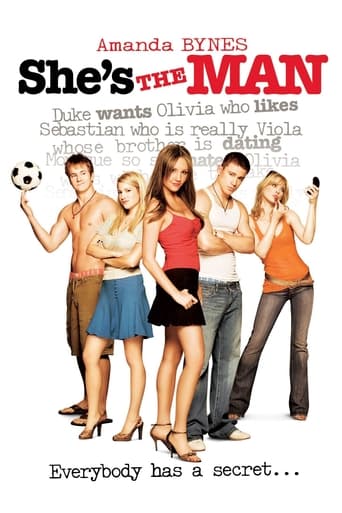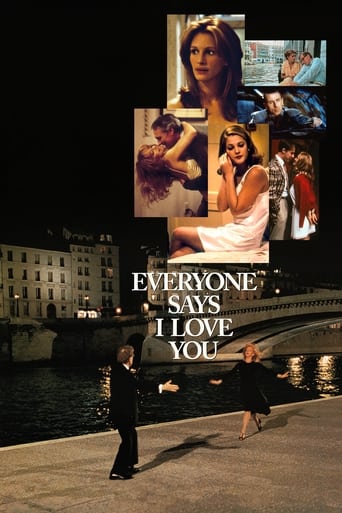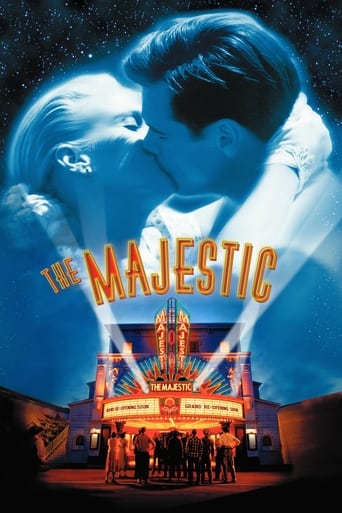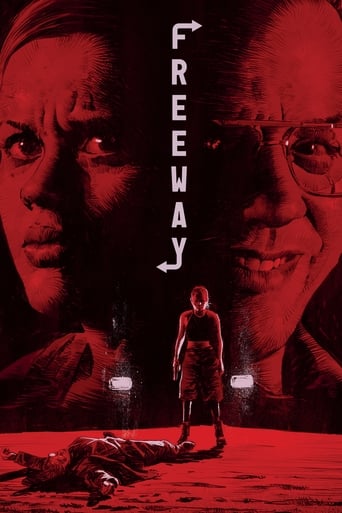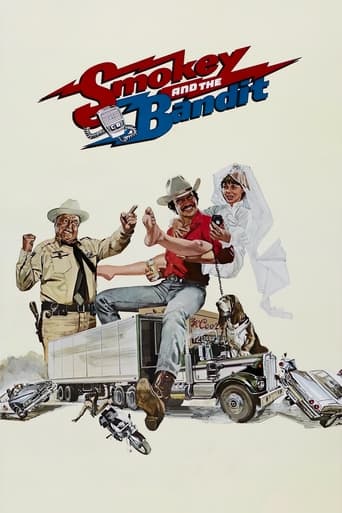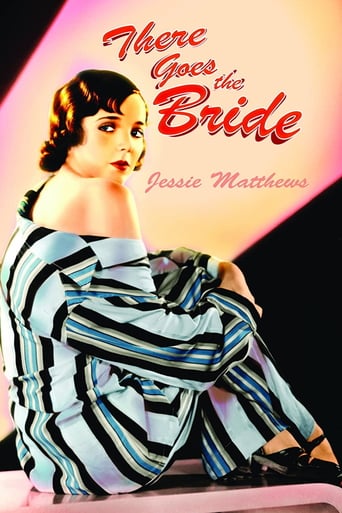
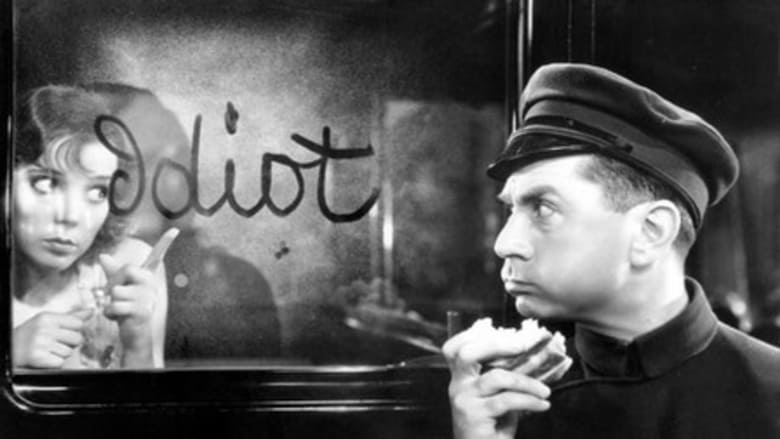
There Goes the Bride (1932)
A businessman's daughter runs away from an arranged marriage, only to find herself penniless and suspected of theft after she becomes the victim of a bag thief in the train. When she refuses to tell him who she really is, her accuser decides to take her home where he can keep an eye on her until 12 o'clock the next day, the time at which she has calculated that it will be safe to tell the truth! But when his fiancée arrives unexpectedly and then his 'guest' is mistaken for her, it all gets rather embarrassing...
Watch Trailer
Cast


Similar titles
Reviews
It wasn't perfect, and the print I saw even less so however I didn't count it down for that, but I wouldn't mind watching it again some time soon. I particularly liked the silliness of the explanations to the fiancée about who the runaway bride was and why she was in the kitchen. Another choice moment was one woman wearing the other woman's dress, and what better way to usurp her place! This movie had some very inventive comedic ideas. It was most definitely a farce and many of the plot points were therefore ridiculous. Yes, of course, she could just have said she wasn't going to be married, but clearly she wasn't the type to face the music and do the mature thing. He could have either turned her over to the police or walked on and ignored her but clearly he was intrigued by her and loved to rescue a damsel in distress, whether on a train or in the Alps. We saw the same in It Happened One Night when a spoiled, disruptive woman met a man with a hidden yen for romantic adventure.The movie appeared more modern to me in its look than many from its year, perhaps because it was British and the main characters and set were not extremely fashionable, in a Hollywood sense--this wasn't a movie draped in cinema satin starring a platinum blonde with penciled brows. (The big exception to that was her dancing which struck me as Charleston via Josephine Baker. The hands near waist, elbows forward, was apparently very popular in modeling and was shown in many movies of the period but I'd never seen it used quite this way in dance before and frankly I'm not entirely sure how she moved like that.) The French setting gave it a difference from the usual US fare, too, with a French maid who could actually have done the work rather than being employed to merely look pretty. The British view of the French as people who were willing to "sell" their offspring in a business deal was also used in The Forsyte Saga, published from 1906 through 1921. That aspect didn't appear in It Happened One Night for the same reason that reviewers of this movie thought it made no sense. In that era you only saw an American woman in a movie pressured into marrying a rich man she despised if there was a threat to her loved ones if she refused to go along with it: bankruptcy, disgrace, jail, or all three.
Jessie Matthews has a couple of nice songs to sing and she dances briefly, but There Goes The Bride can hardly be considered one of her better films.Jessie is cast as a young bride who runs away on the eve of her wedding, a wedding that she's being hammerlocked into by her father because she's marrying some guy her dad does business with. More of a merger than a marriage. She runs off to the continent, but has her bag and money stolen and worse is accused of being a thief herself. Her accuser is Owen Nares and with that old Matthews charm worms her way into his house. That part gets rather silly and unreal. Topping it all off everybody thinks she's Nares intended and Carol Goodner who is the intended isn't at all pleased with that.It all gets sillier and sillier. I wish they had given Jessie Matthews a few more songs and dances, that might have made the film better. David Niven is supposed to be in this film, more than likely in the party scene. Tried to spot him and thought I might have.There Goes The Bride isn't a horrible film, but Jessie Matthews had much better to come.
This British film begins with a father practically selling his daughter to a man in order to make a big business deal take place. Not too surprisingly, the bride soon runs away—after all, there appears to be no romance whatsoever—just a sleazy business deal.Shortly after this interesting start, the film falls apart for me. That's because the runaway bride is now on a train and it sure looks as if she's trying to rob a man. So what does the man do when he awakens? Does he call the police? Well, considering she refuses to account for what she was doing or who she was, his actual course of action in the film makes absolutely no sense—none. Instead of turning her in, he takes her with him and gives her 24 hours to tell him who she is! When she does tell him the truth, she inexplicably gets him to agree not only NOT to turn her in but hide her for 24 hours—at which point, he new husband will be on his way to South America. Who thought this was a viable plot for a movie?! Certainly not any sane person and the film completely lost me at this point. A radical rewrite was needed, as the plot simply made no sense at all and the film was a waste of time.
Jessie Matthews made one wonderful film (Evergreen) and several lightweight, moderately amusing ones. But this is an utter atrocity. She is given very little opportunity to dance (she was a nice enough singer, but an exquisite dancer), and no dancing partner.The leading man, Owen Nares, looks and acts like a stuffed shirt, and the plot is not just lightweight but so ridiculous that one becomes irritated by its contempt for the audience. Jessie plays a bride who runs away on the day of her wedding because she never wanted to marry the groom (a wedding would help her father financially). She has to dodge people who are looking for her and will forcibly make her return and go through with the wedding. What kind of sense does this make? A forced marriage is invalid, and forcibly taking someone from where they are is kidnaping. And why would the groom want to marry a woman who doesn't want him? Owen Nares at first mistake her for a thief and threatens to call the police, then decides to keep her with him, in his home (he has no sexual designs on her, and is insulted when she suggests he might). This makes as little sense as the rest.Despite what the other commenters say, there are no funny lines. The script is as dull as it is inane. The whole thing seems to come from the world of very primitive musical comedy in which people would act in a silly or naughty way, even if it made no sense, and men would get excited by seeing girls show their legs.


